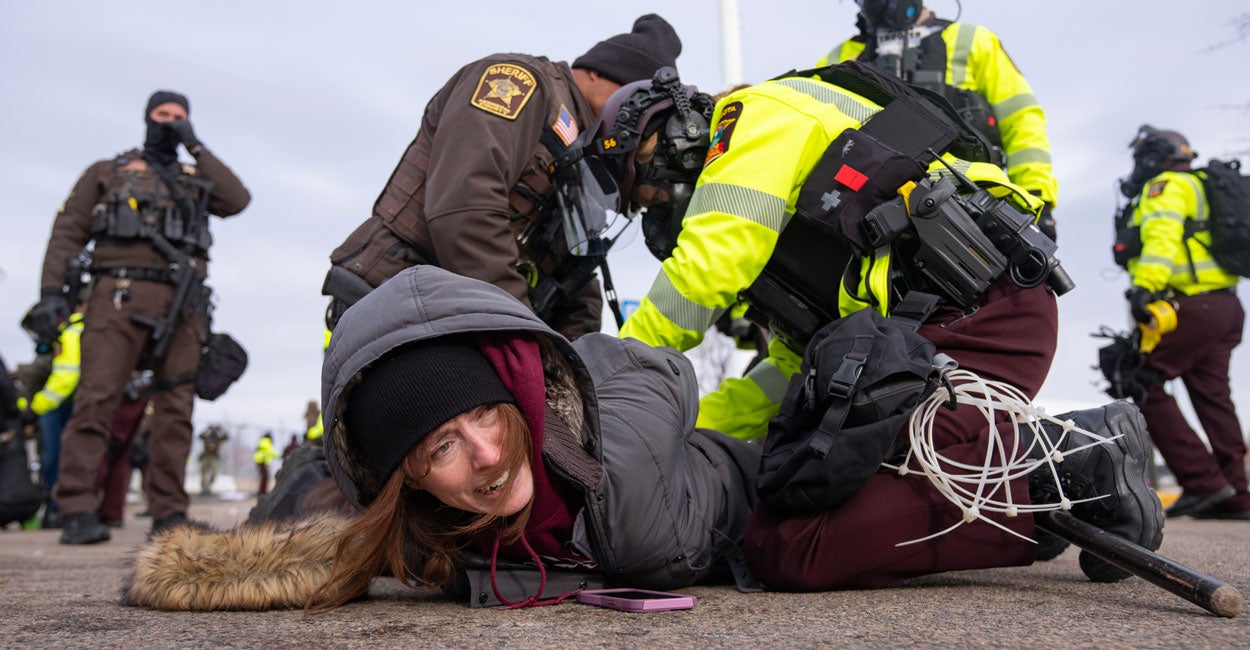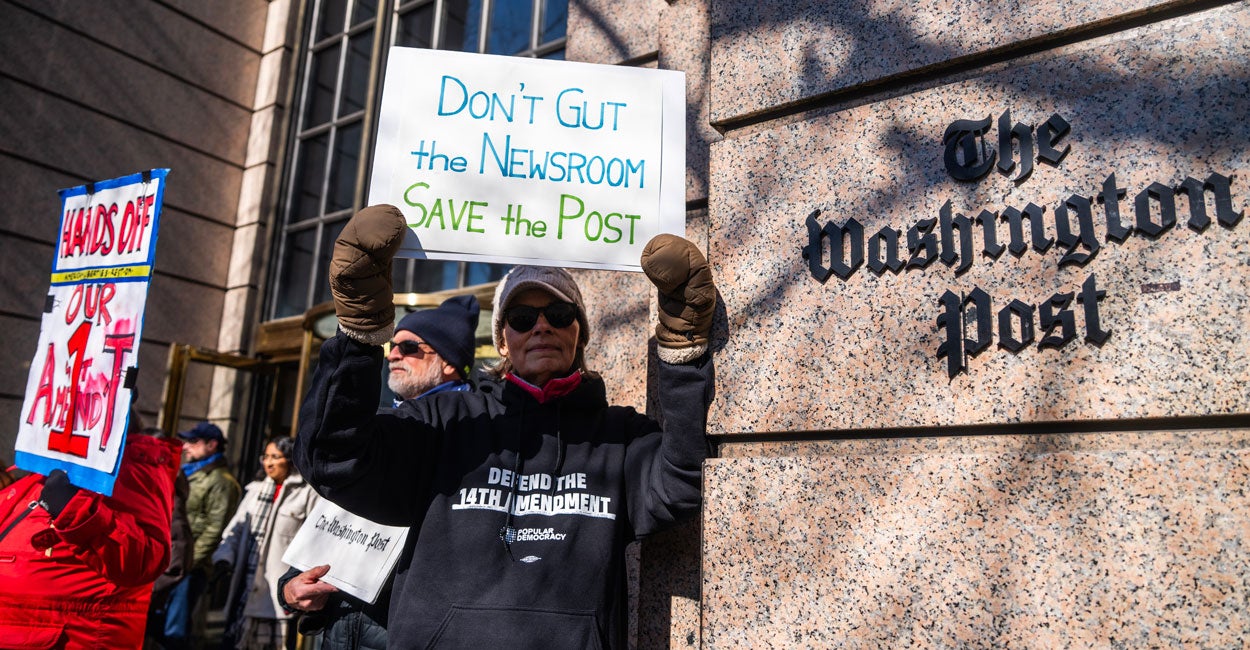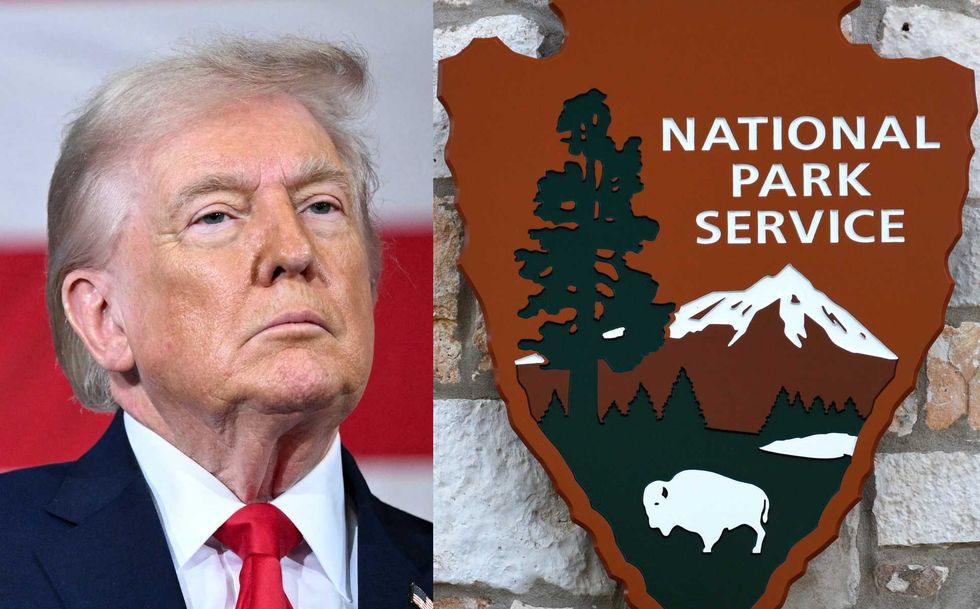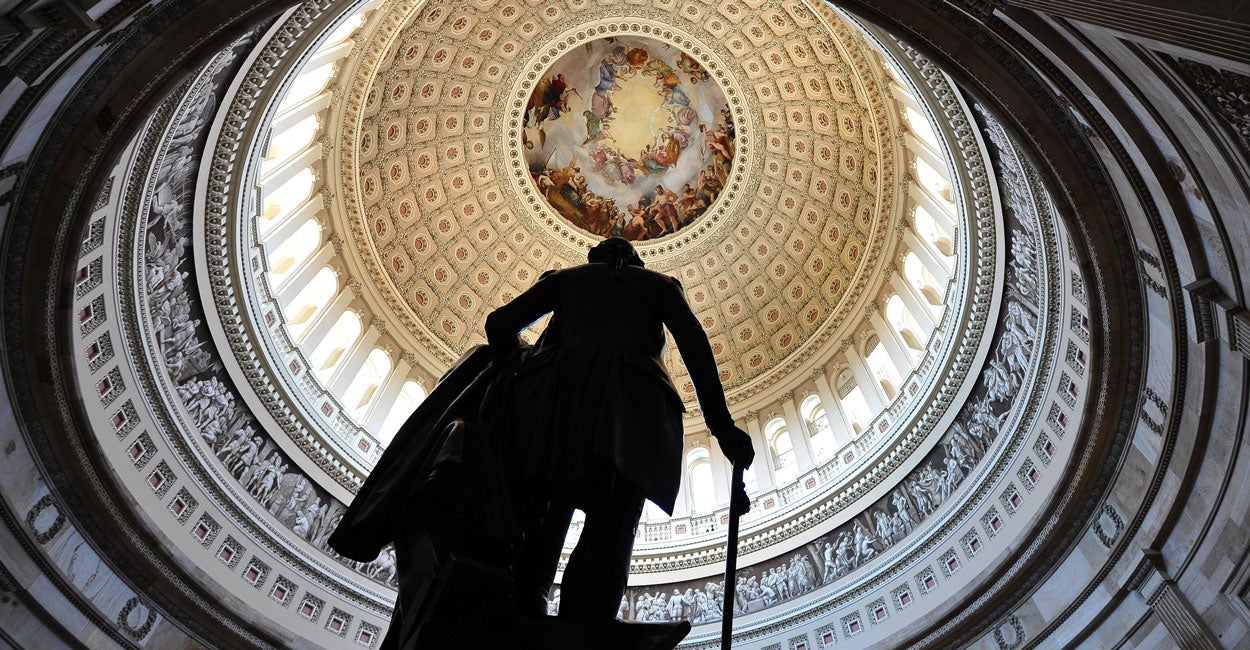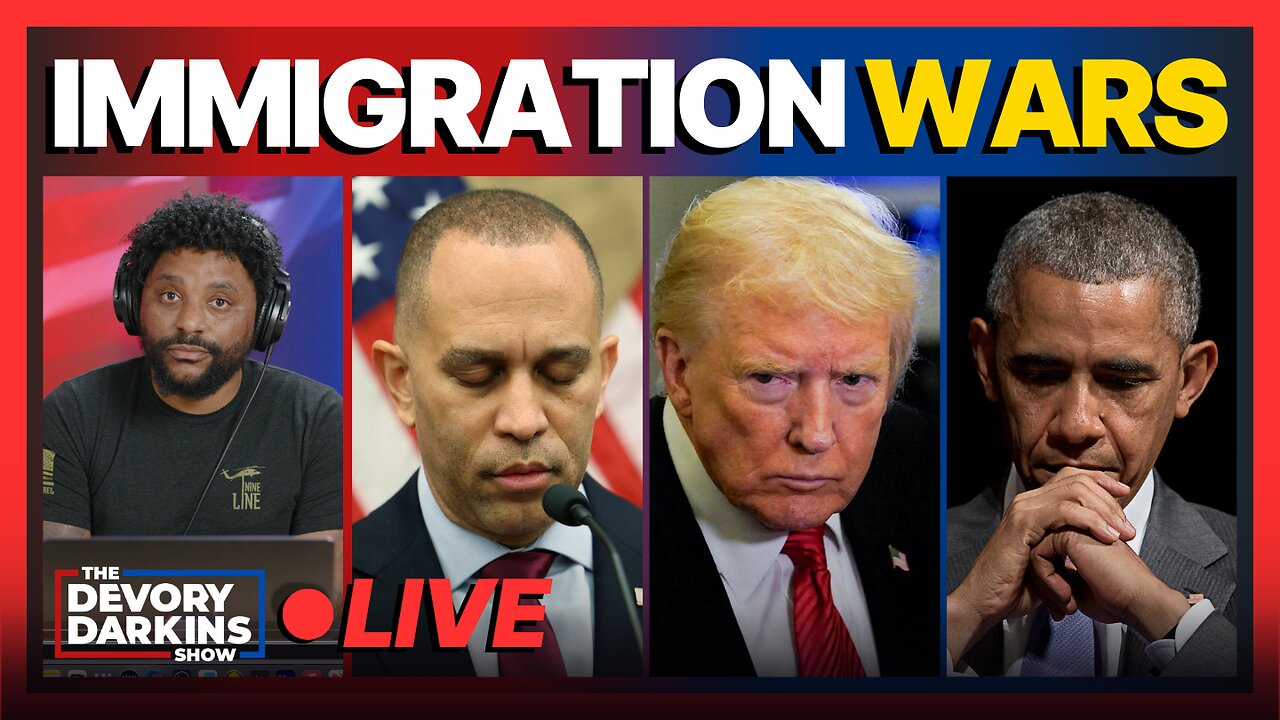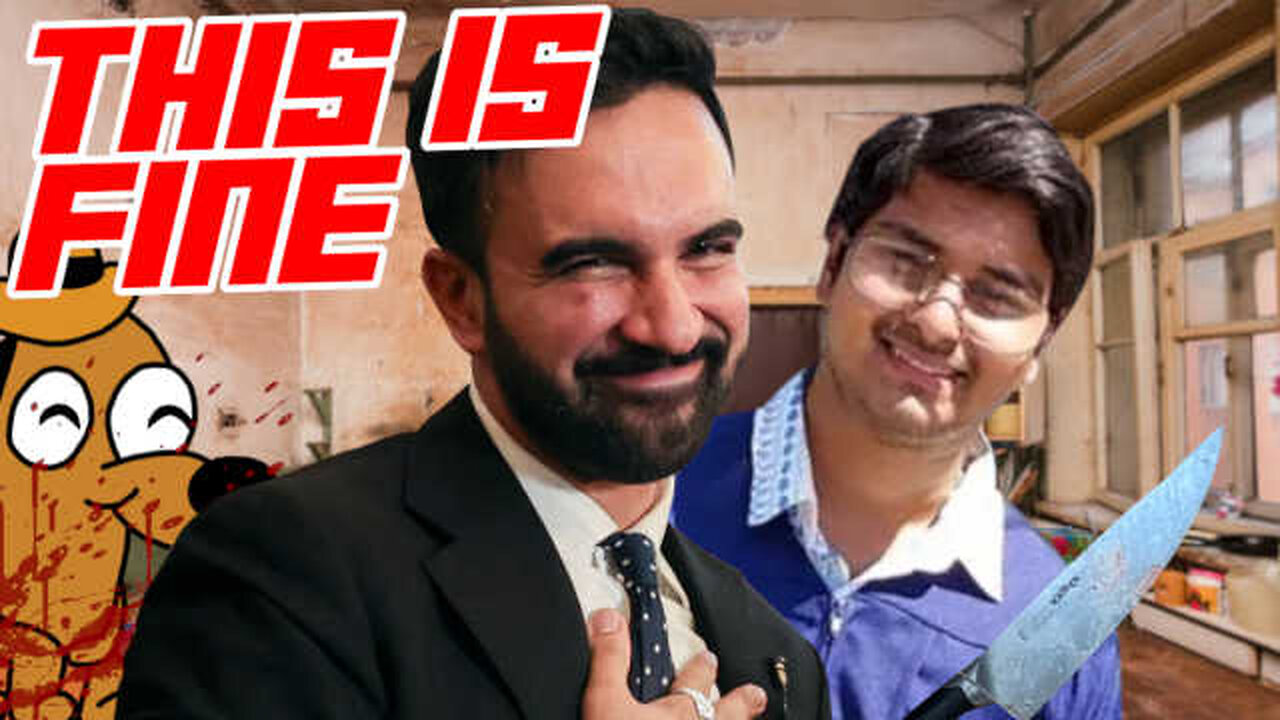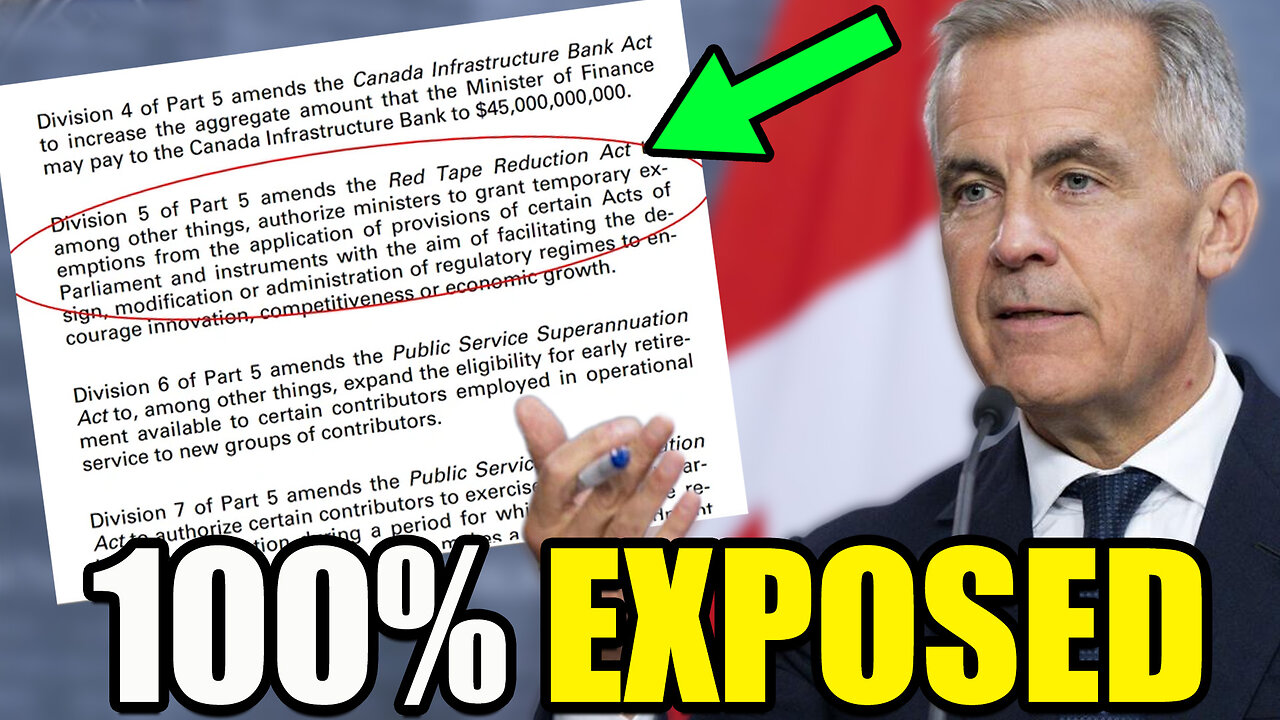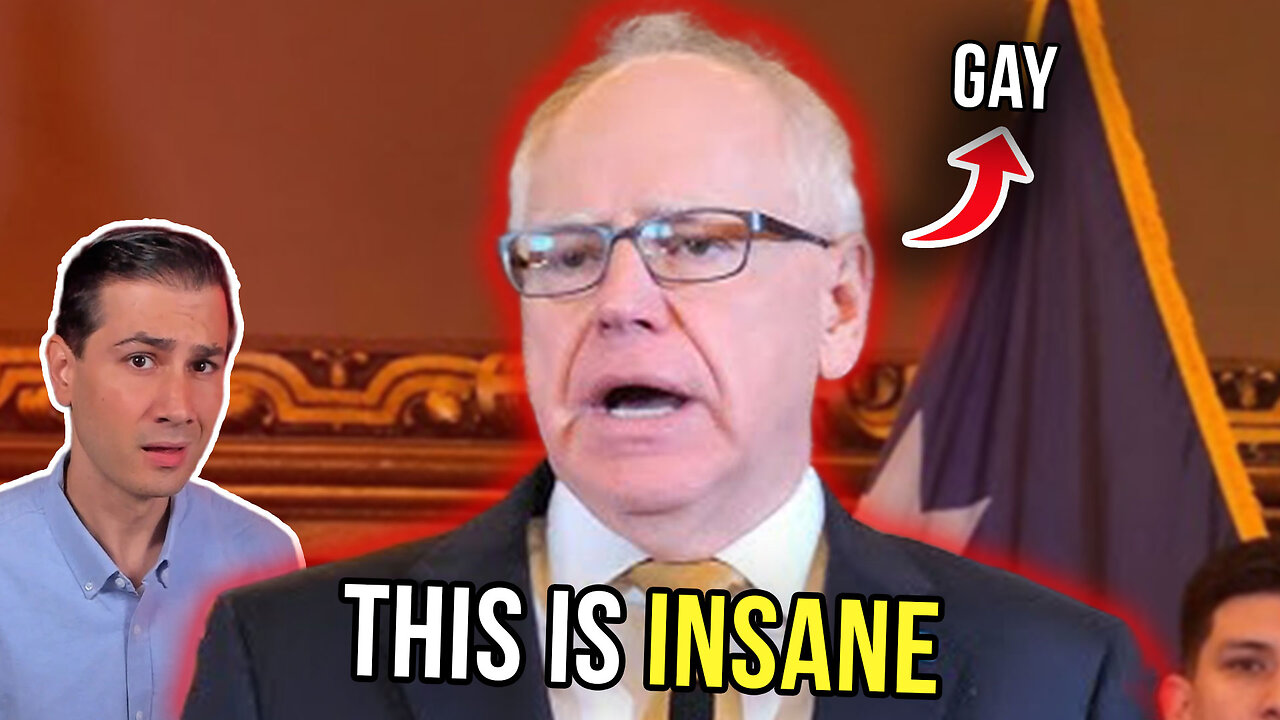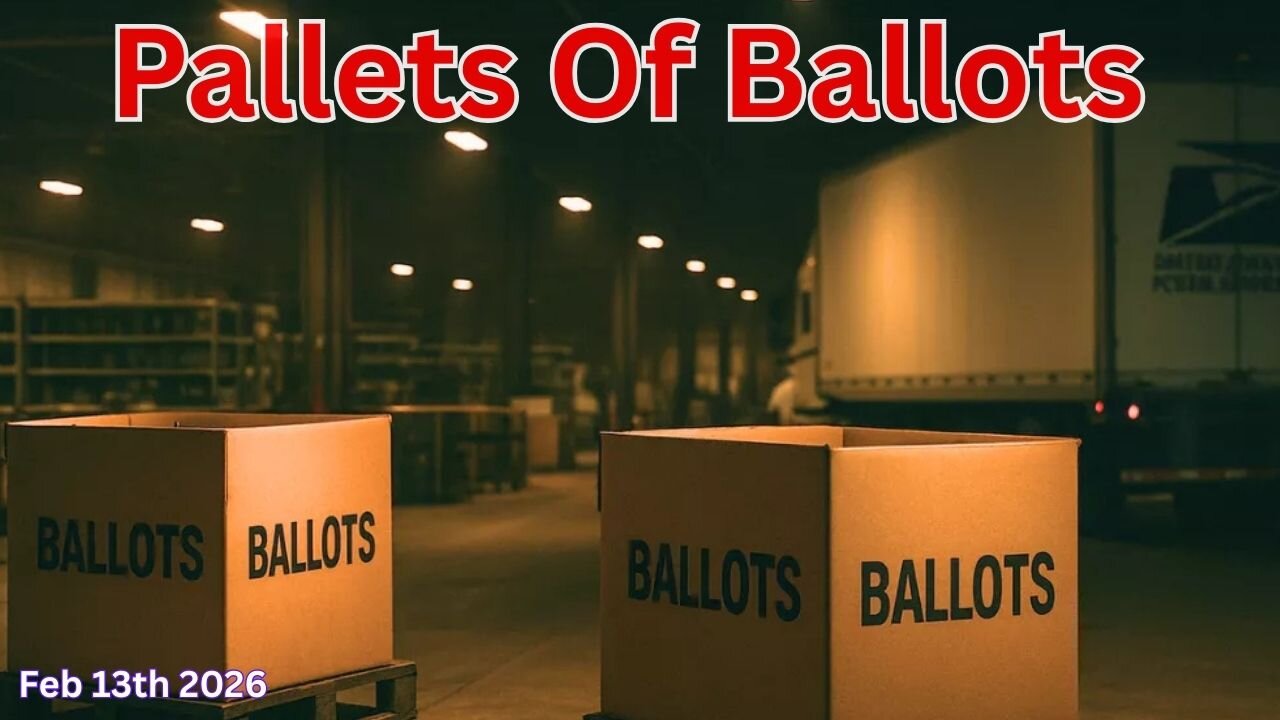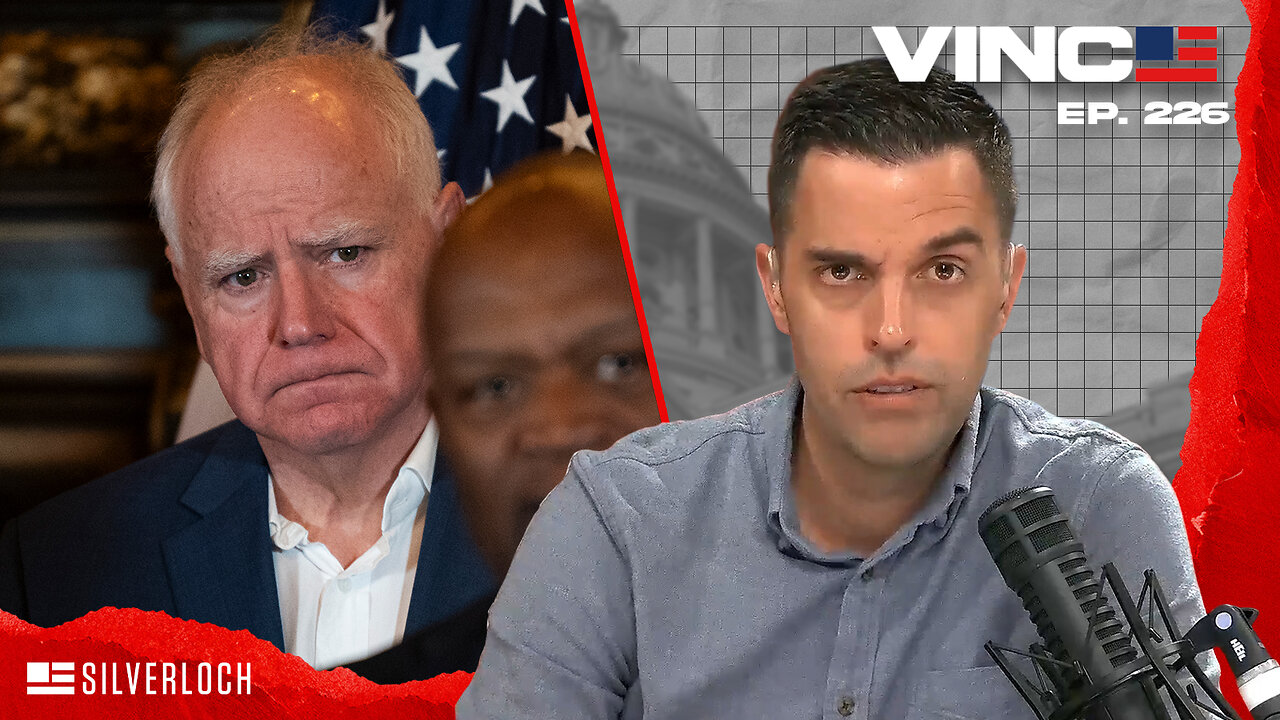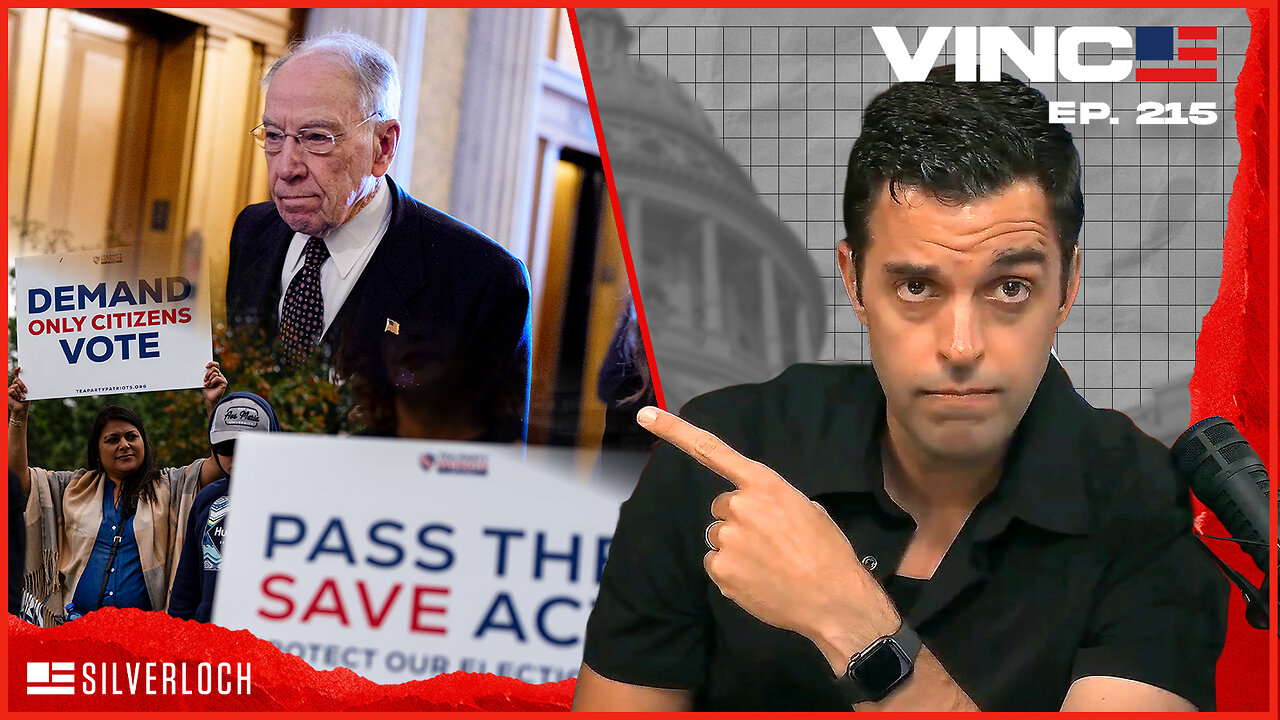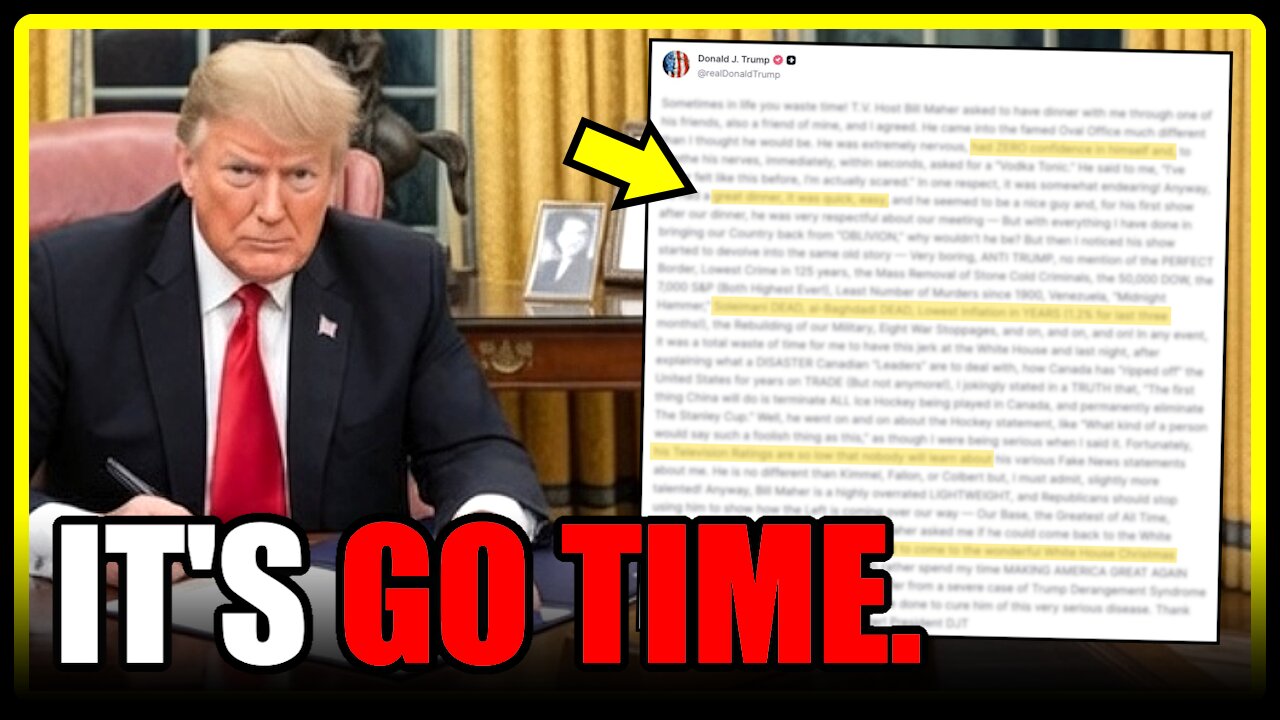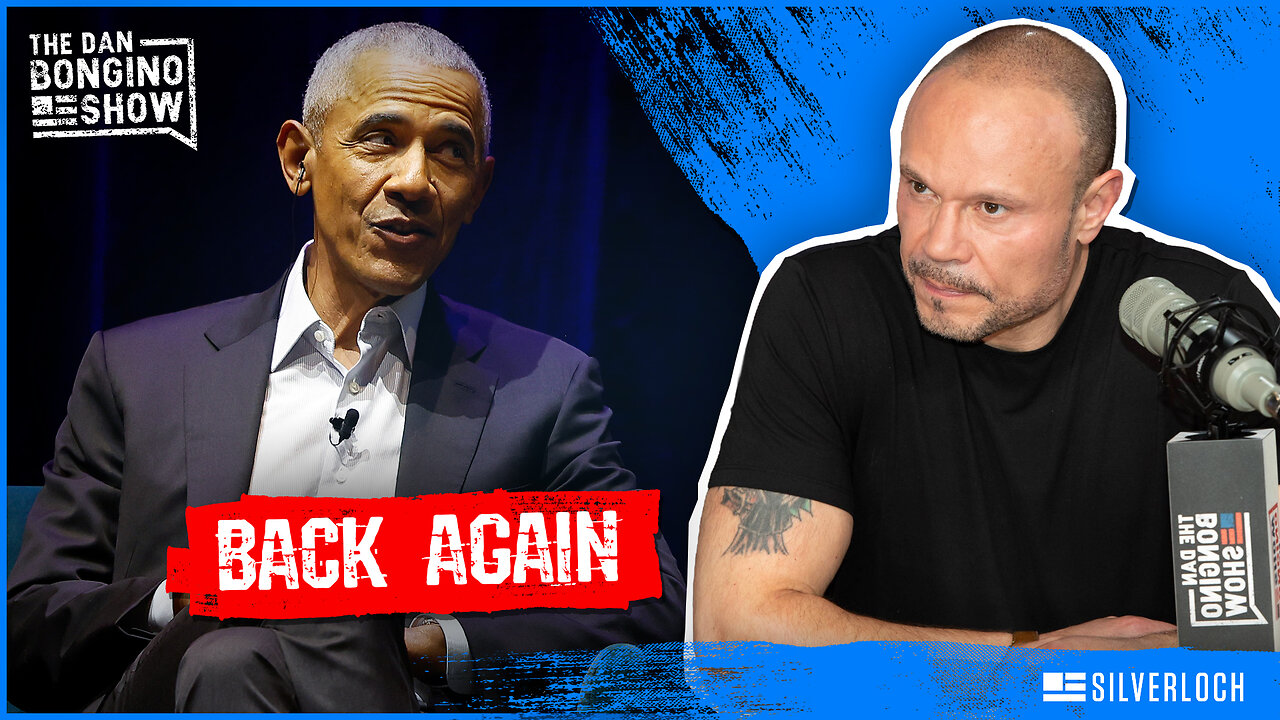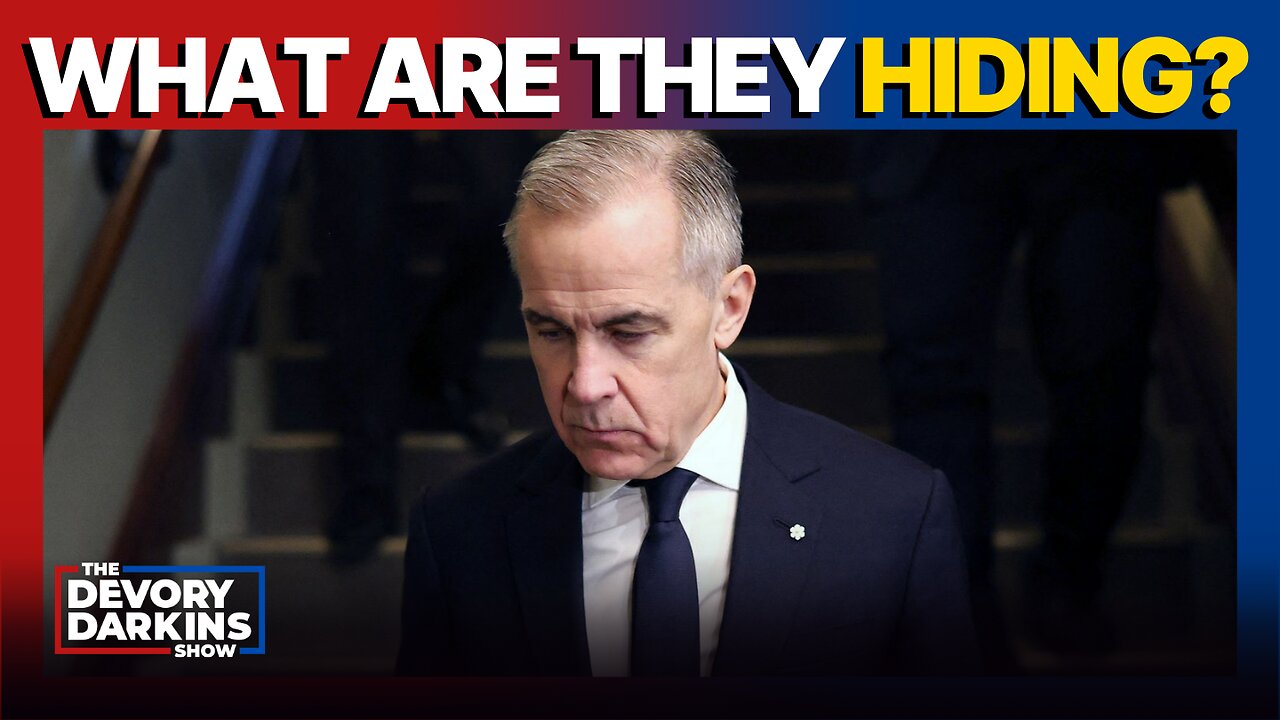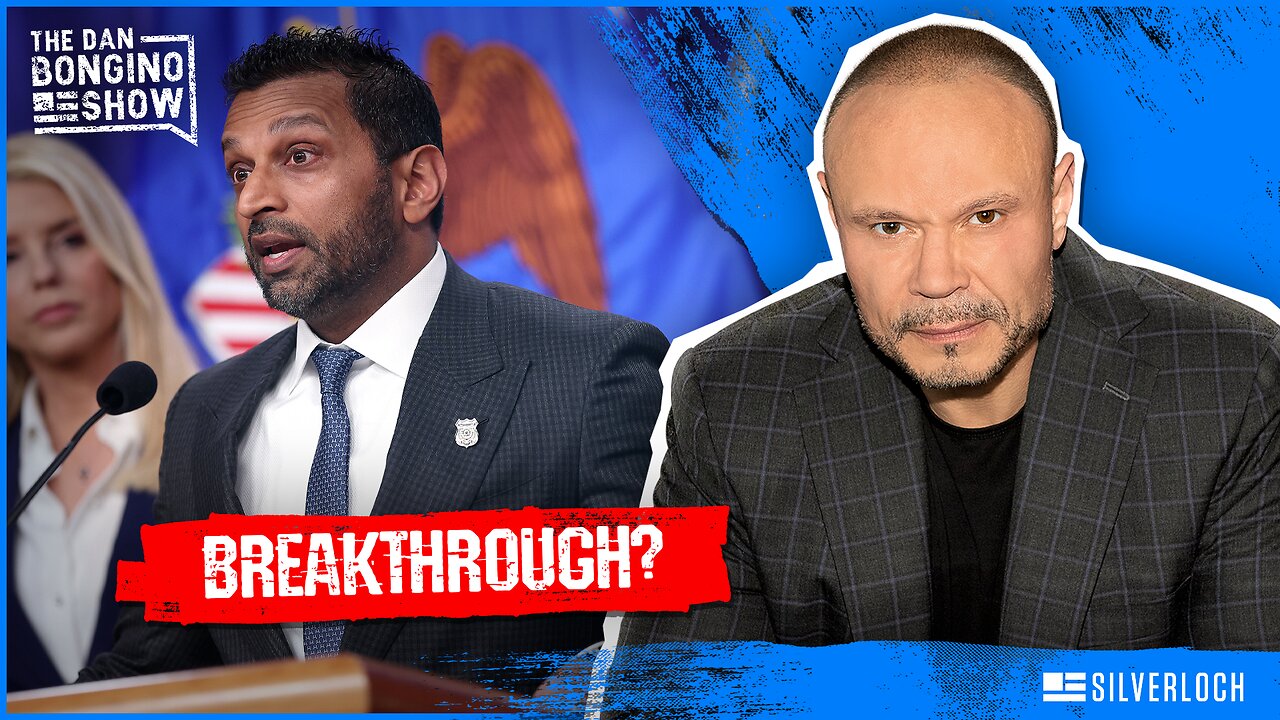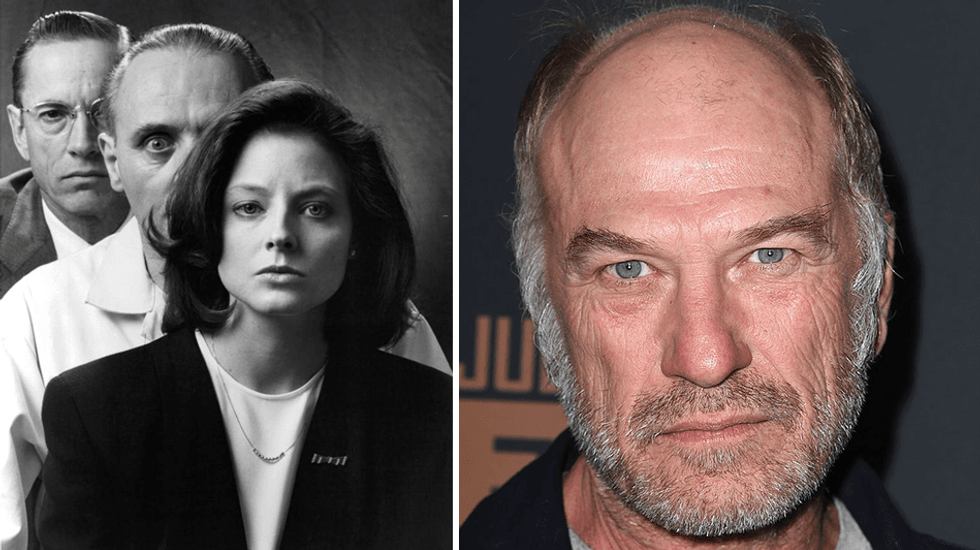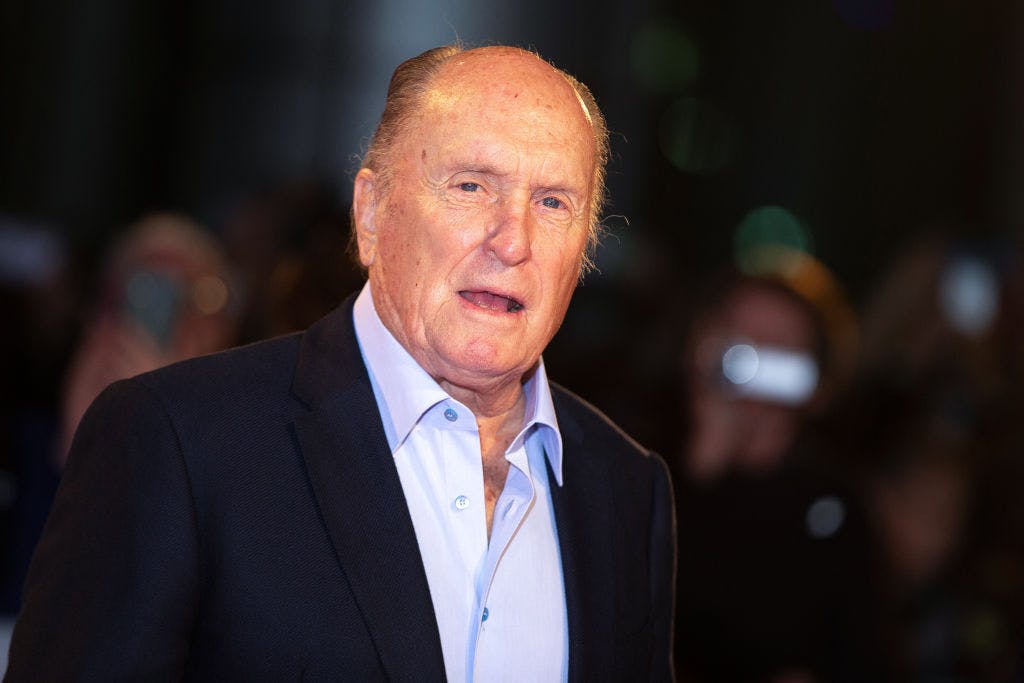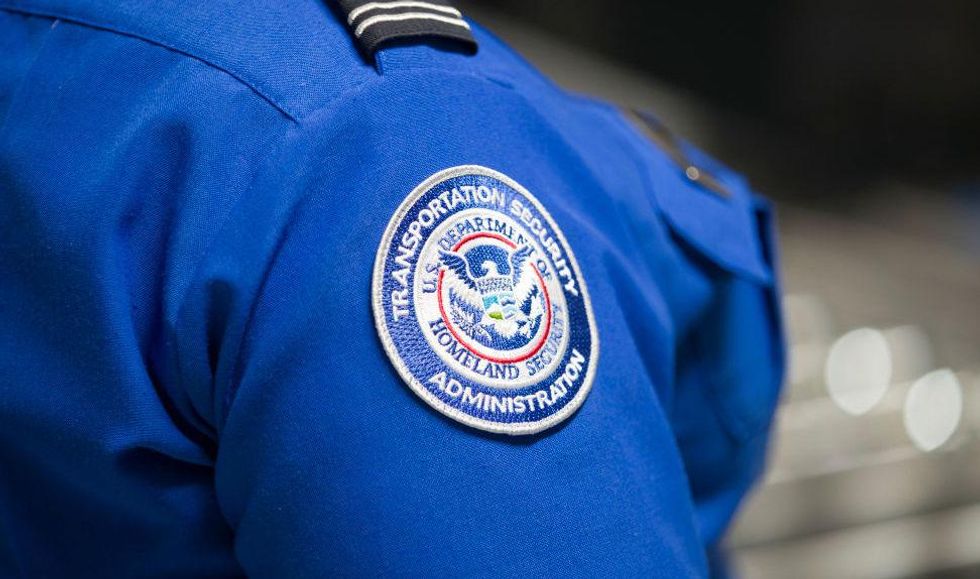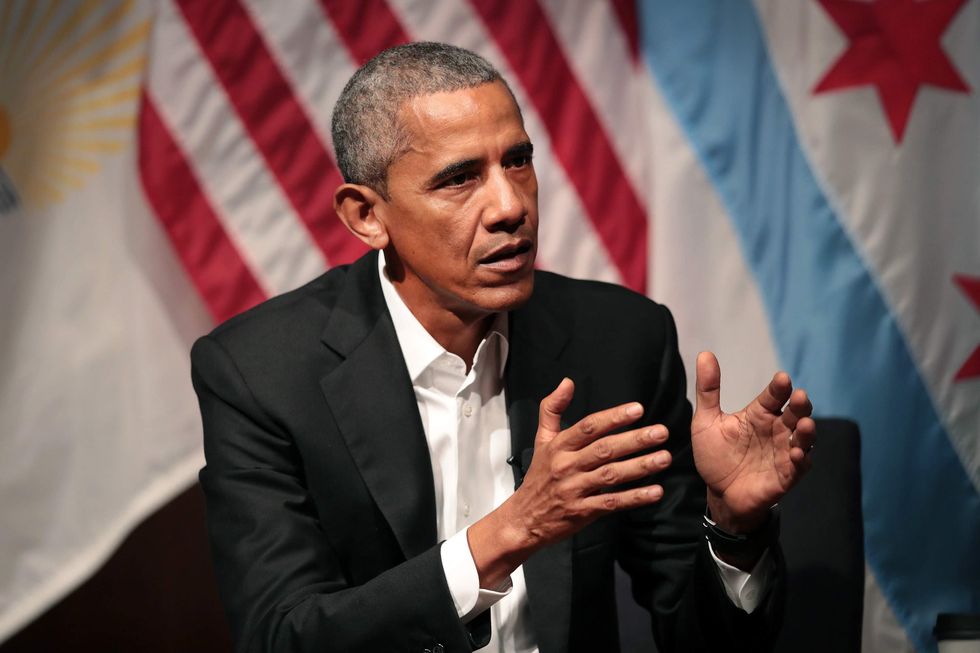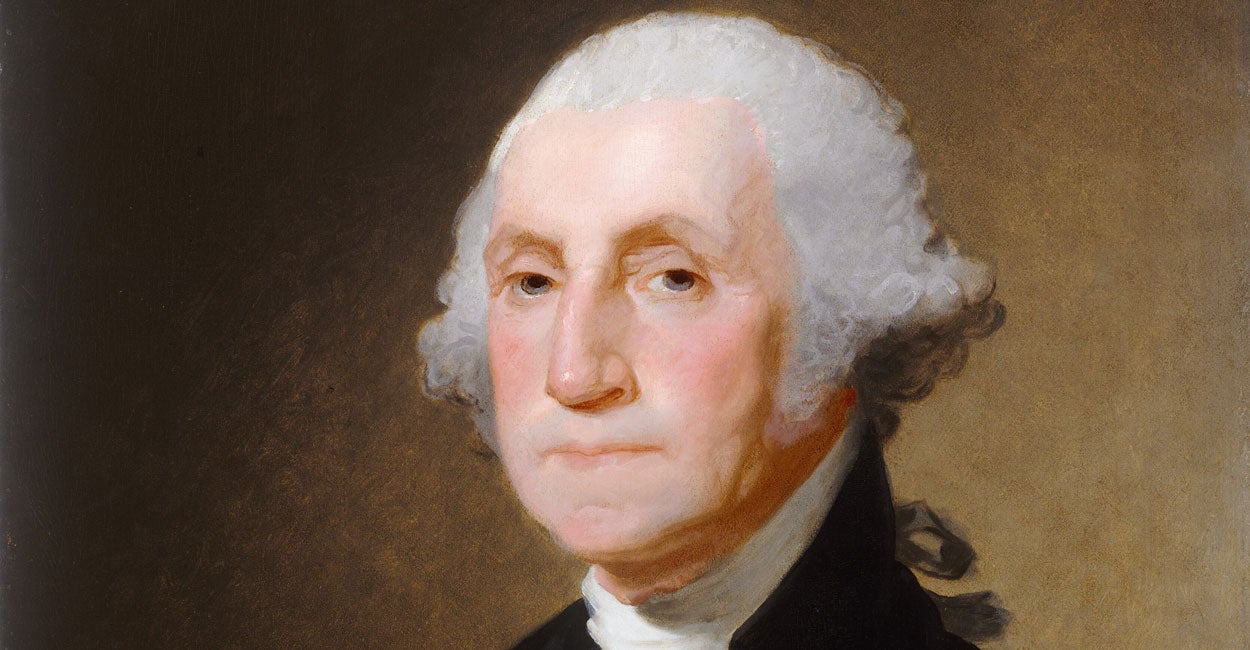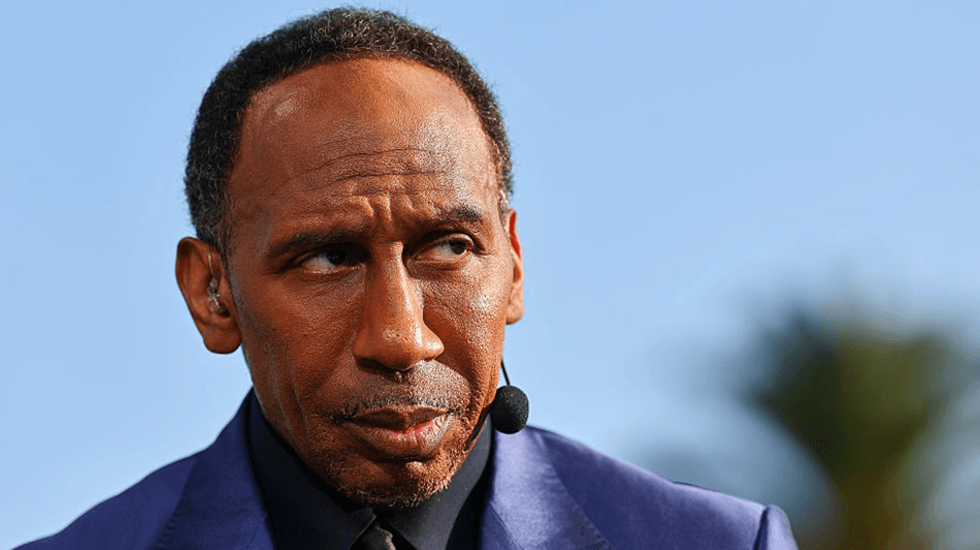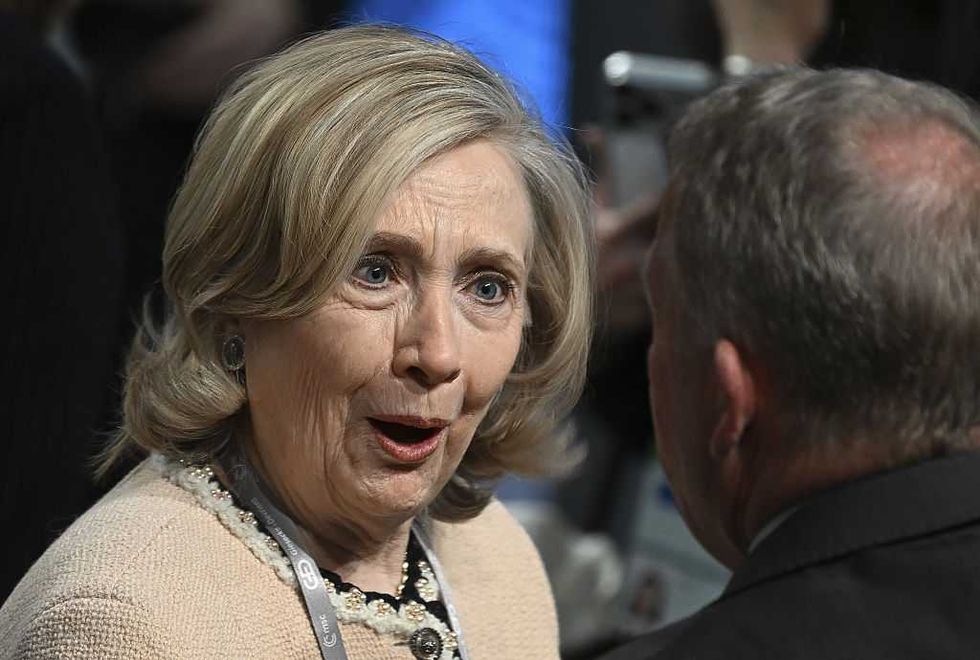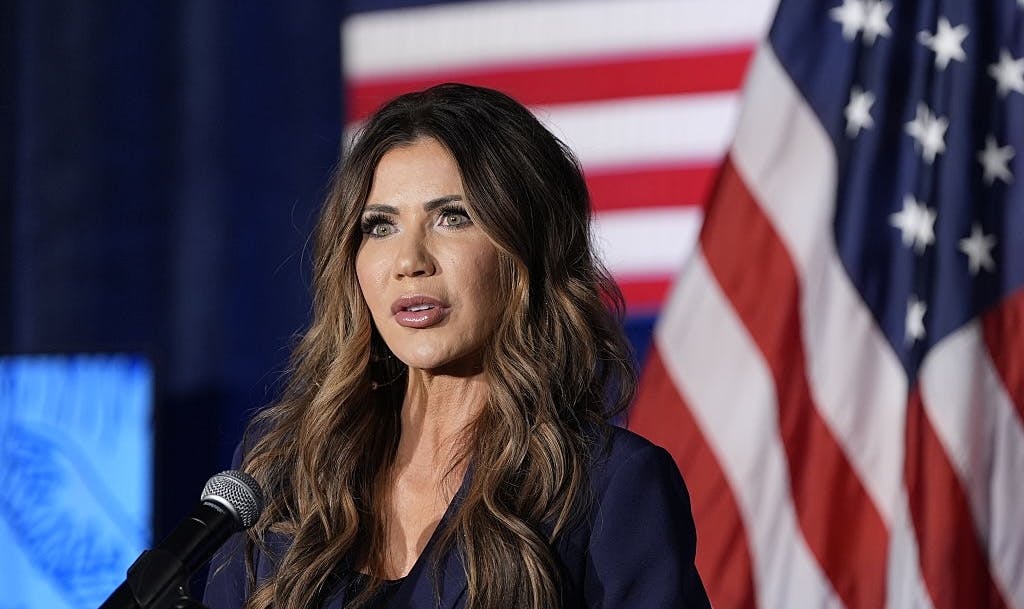Europe Union ‘Ignored’ Free Speech Concerns, Plows Ahead With ‘Global Censorship Regime’
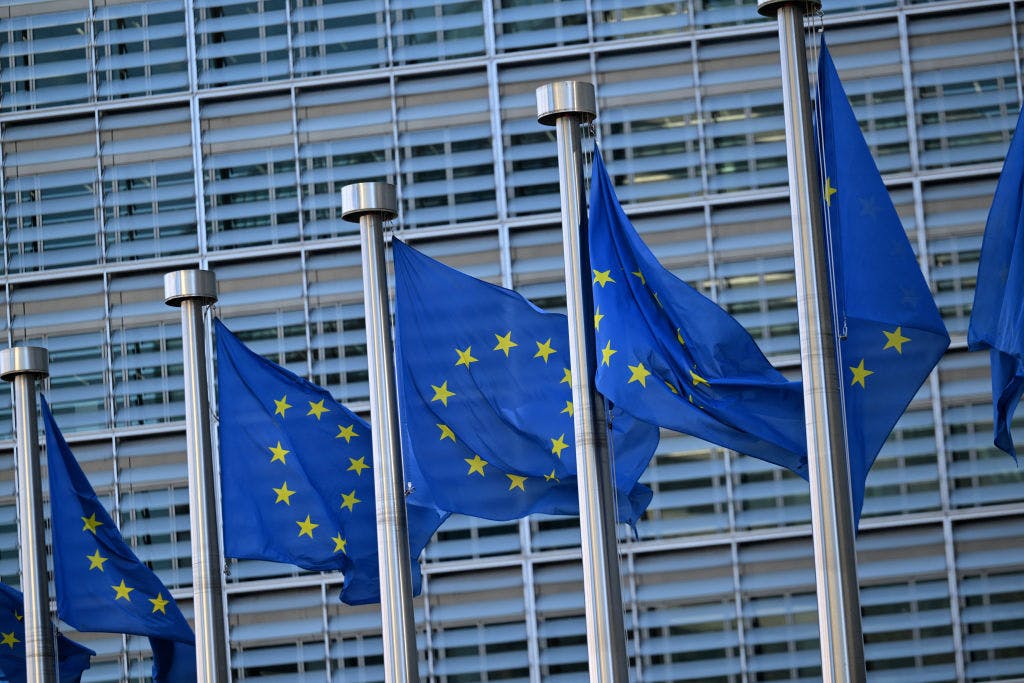
The European Commission “ignored” censorship concerns as it moved forward with the implementation of a sweeping digital platform law that free speech advocates say could impact everyone from Christian preachers to TikTokers.
Live Your Best Retirement
Fun • Funds • Fitness • Freedom
On Monday, the European Commission released its first-ever review of the Digital Services Act (DSA), a law that empowers it to impose significant financial penalties on tech companies that it says are not doing enough to combat so-called disinformation or take down “illegal content.” Alliance Defending Freedom International, which has warned that the Digital Services Act could bring about a “global censorship regime,” told The Daily Wire that it was disappointed with the commission’s report.
“I think the concerns on free speech are very substantive, and they need a robust response, and we feel that the European Commission has not actually conducted a robust review in the sense of actually inviting all voices and all partners to the table,” Dr. Adina Portaru, a senior counsel for Alliance Defending Freedom International, told The Daily Wire in a phone interview from London.
“The DSA can impact anyone, can impact content creators and influencers and preachers and political dissidents and any kind of content online can be regulated by the DSA through its architecture,” she added.
The act relies on cooperation from non-governmental organizations that advise lawmakers whether someone’s online writings would be considered illegal. There would also be a high burden for reporting violations on tech companies. In certain circumstances, American tech companies may be fined up to 6% of their global revenue if they violate specific conditions.
The Monday assessment from the European Commission asserts that the act is in accordance with the “fundamental rights” recognized in the commission’s charter and that the act is “content agnostic.”
“It does not define what should be considered illegal or harmful content, it only establishes procedural obligations and safeguards where such content appears online,” the assessment said.
Portaru said that the “content agnostic” claim was a smokescreen and that the definition of illegal content in the act was broad enough to have global implications.
“Illegal content is defined in such a loose way as anything that is not in accordance with EU law or any law of any member state at any time. It can be today or in one week, depending on how the national laws change,” she said.
The Alliance Defending Freedom International led a letter signed by over 100 free speech experts in October urging the European Commission to address their concerns with the act. Another 50 non-governmental organizations signed a letter in September expressing concerns about the act.
Instead of bringing them to the table, the commission claimed to have broad consensus around the act when it was actually interpreted unilaterally, Portaru said.
“The European Commission had the opportunity to step into this space and constructively engage with these concerns coming from the U.S, as well as Europeans,” she said. “It failed to do so.”
“The DSA ensures that lawful content protected by the fundamental right of freedom of expression, is safeguarded by establishing due process and transparency online. The DSA clarifies what online platforms are required to do when they moderate content to prevent the arbitrary removal of lawful content,” the commission wrote.
In a statement to The Daily Wire, a spokesman for the European Commission claimed that concerns about censorship were “completely unfounded.”
“The aim of our digital legislation, including the DSA, is to ensure that the Internet is a safe place. One that protects our fundamental rights. One where illegal content like terrorism or child abuse have no place,” the spokesman said, adding that online platforms have a role to “assess and mitigate risks to the freedom of expression.”
The spokesman added that the act provided a mechanism for people to challenge if their content has been removed.
Despite the European Commission’s claims, American officials have raised concerns about how the Digital Services Act could impact the United States. In September, European Union Ambassador Andrew Puzder said that he would be making formal submissions to the commission for changes to the act.
“The Europeans believe that [the rules] are less restrictive and less targeted than the U.S. believes, and I think we’re going to need to sit down and go through these acts with some care,” he told the Financial Times.
That followed reports in August that Secretary of State Marco Rubio had directed diplomats to lobby against the Digital Services Act.
“Posts should focus efforts to build host government and other stakeholder support to repeal and/or amend the DSA or related EU or national laws restricting expression online,” Rubio wrote in a cable obtained by Reuters.
Apart from broader censorship concerns, many European countries have already become notorious for restrictions placed on political and religious speech. For example, Finnish parliamentarian Päivi Räsänen has faced a six-year-long legal battle for conveying her beliefs in Christian views of sexuality online. Pro-life advocates have been punished in Britain for silently praying and German citizens can be punished for insulting politicians.
Originally Published at Daily Wire, Daily Signal, or The Blaze
What's Your Reaction?
 Like
0
Like
0
 Dislike
0
Dislike
0
 Love
0
Love
0
 Funny
0
Funny
0
 Angry
0
Angry
0
 Sad
0
Sad
0
 Wow
0
Wow
0
